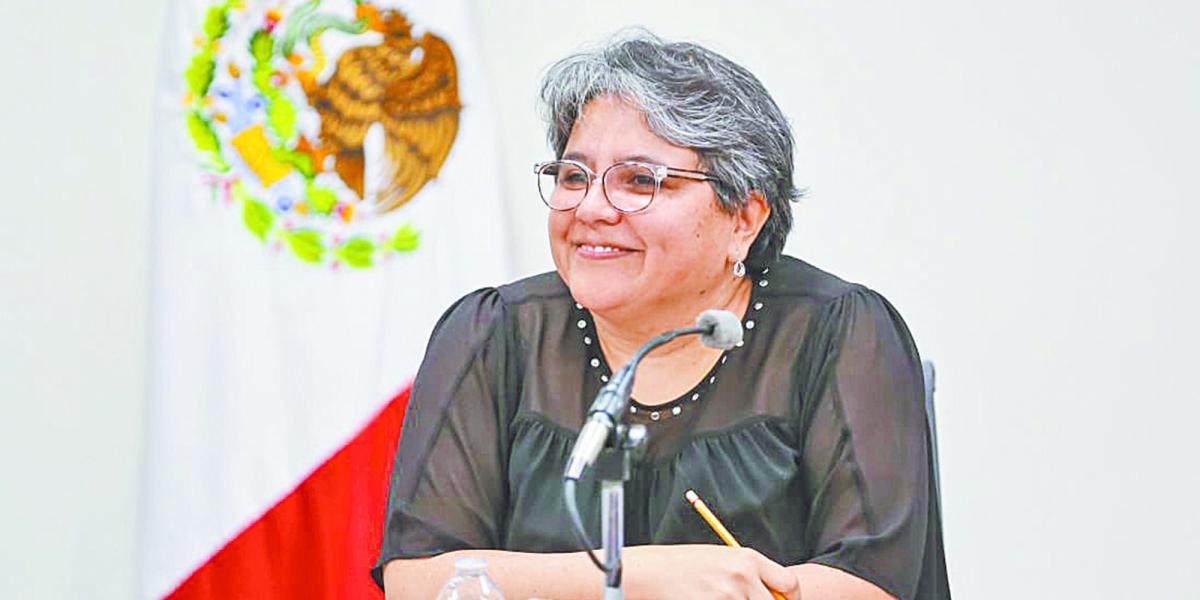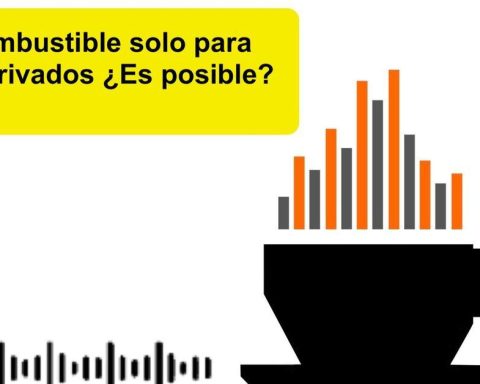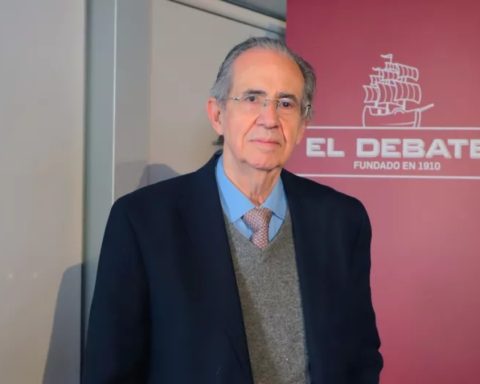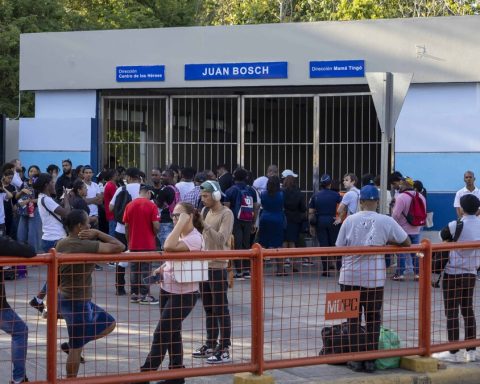The Senate of the Republic ratified Raquel Buenrostro Sánchez as head of the Secretariat of Public Function, which will become Anti-Corruption and Good Government Secretariat.
With 95 votes in favor, one against and 17 abstentions, the legislators endorsed the proposal of the President Claudia Sheinbaum.
Before its ratification, during an appearance before senators yesterday, Wednesday, November 27, Buenrostro Sánchez reported that to combat corruption there will be regulatory modifications and that more efficient, specific and focused information will be requested from the Internal Control Bodies of the agencies.
“The fight against corruption, the reduction of impunity and government improvement are three priorities of President Claudia Sheinbaum,” said Buenrostro.
Who is Raquel Buenrostro?
The official has a career of more than 28 years in public administration.
Raquel Buenrostro She has a degree in Mathematics from the National Autonomous University of Mexico (UNAM) and a master’s degree in Economics from El Colegio de México.
As of October 2022, she was appointed as Secretary of Economy by President Andrés Manuel López Obrador.
At the beginning of the last federal administration he participated as head of the Chief Officer of the Ministry of Finance and Public Credit. From January 2020 to October 2022, she was Head of the Tax Administration Service (SAT).
She has also served as general director of Administration and Finance of the Ministry of Tourism, deputy general director of Budget Control at the Ministry of Finance and Public Credit (SHCP) and Planning and Development Manager at Petróleos Mexicanos (Pemex).
She was Deputy Treasurer of Fiscal Policy in the Government of Federal District during the administration of the then head of Government, Andrés Manuel López Obrador.
Anti-Corruption and Good Government Secretariat
In accordance with what was proposed by the federal government, with the new Anti-Corruption and Good Government Secretariat “the agency’s approach goes from being corrective to preventive and with a transversal vision”, which means that it will have influence in all government agencies, where actions will be implemented to combat corruption, such as:
- Dignify the public service career through integrity training.
- Preventive support for institutions and shield priority programs from the beginning to inhibit corruption.
- Modernize the Federal Public Administration (APF) with the help of the digitalization and systematization that will be carried out by the Digital Transformation Agency.
- Consolidate transparent public purchases at fair prices.
- Proactive transparency.
- Join society and the private sector in the fight against corruption.
- Focus the Internal Control Bodies (OIC) on areas of greatest impact and relevance.
- Strengthen the culture of reporting.
- Carry out investigations that inhibit corruption.
- Fight impunity by making breaking the law more expensive than complying with it.
(With information from: Ana Karen García, María Fernanda Sosa Santiago and Arturo Rojas.)

















